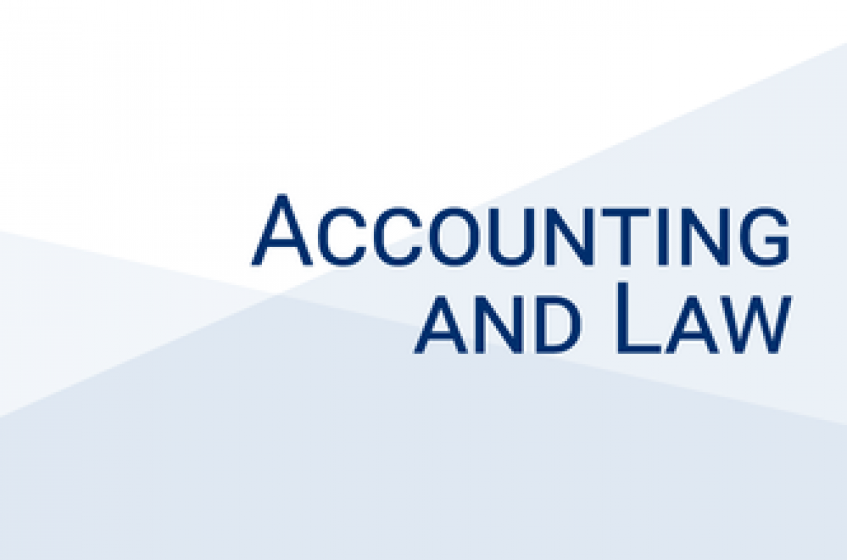Correlated Borrowing Demands and Lender Liquidity Monitoring: Evidence from Minimum Liquidity Covenants
Prof. Scott Liao
Professor of Accounting
Rotman School of Management
University of Toronto
In this study, we examine whether and how correlated borrowing demands affect lenders’ liquidity management through monitoring of borrowers’ liquidity. We capture lender liquidity monitoring using an emerging and underexplored monitoring mechanism, minimum liquidity covenants in loan contracts that require borrowers to hold a minimum level of cash and undrawn credit availability. Consistent with correlated borrowing demands inducing lender liquidity monitoring, we find that the use of minimum liquidity covenants is positively associated with a borrower’s likelihood of experiencing the same economic shocks as other borrowers in lenders’ portfolios. Supporting the notion that these covenants are used for lender liquidity management, we find a more pronounced association for lenders with stronger liquidity management incentives after the Liquidity Coverage Ratio regulations. Our evidence that the lenders are more likely to impose such covenants when they lend to more borrowers in the same location with higher natural disaster risk after two historical major disasters provides additional support for the liquidity management argument. To understand the economic consequences of such covenants, we find that borrowers with minimum liquidity covenants are more resilient against negative shocks. In addition, lenders with more extensive use of such covenants before the COVID-19 pandemic are better able to provide funding to the real sector during the pandemic.











